
Keep your finances safe and secure: Essential tips for preventing check fraud

What is a CLO?

Colleges respond to student needs by offering digital payments

6 timely reasons to integrate your receivables

Benefits of billing foreign customers in their own currency

Webinar: Digitizing receivables to transform B2B rent payments

Improve government payments with electronic billing platforms

Hospitals face cybersecurity risks in surprising new ways

Authenticating cardholder data reduce e-commerce fraud

Post-pandemic fraud prevention lessons for local governments

Webinar: Robotic process automation

Proactive ways to fight vendor fraud

Webinar: CRE treasury leader roundtable
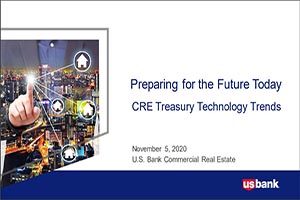
Webinar: CRE technology trends

4 tips for protecting your business against Coronavirus-related scams

5 Ways to protect your government agency from payment fraud

The latest on cybersecurity: Mobile fraud and privacy concerns

Fight the battle against payments fraud

Fraud prevention checklist

Cybercrisis management: Are you ready to respond?

Why KYC — for organizations

The password: Enhancing security and usability

How to improve your business network security

Government agency credit card programs and PCI compliance

Cybersecurity – Protecting client data through industry best practices

BEC: Recognize a scam

Access, flexibility and simplicity: How governments can modernize payments to help their citizens

Modernizing fare payment without leaving any riders behind

Tap-to-pay: Modernizing fare payments pays off for transit agencies and riders
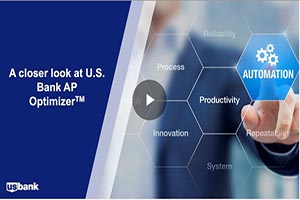
Webinar: Approaching international payment strategies in today’s unpredictable markets.

How real-time inventory visibility can boost retail margins

Escheatment resources: Reporting deadlines for all 50 states

Payment industry trends that are the future of POS

White Castle optimizes payment transactions

ABCs of APIs: Drive treasury efficiency with real-time connectivity

Managing the rising costs of payment acceptance with service fees

Three healthcare payment trends that will continue to matter in 2022

Want AP automation to pay both businesses and consumers?

Webinar: CSM corporation re-thinks AP

Digital trends poised to reshape hotel payments

Restaurant survey shows changing customer payment preferences

Increase working capital with Commercial Card Optimization

Luxury jeweler enhances the digital billing and payment customer experience

How to improve digital payments security for your health system

Enhancing the patient experience through people-centered payments

Unexpected cost savings may be hiding in your payment strategy

How COVID-19 is transforming healthcare payments

3 benefits of integrated payments in healthcare

Top 3 ways digital payments can transform the patient experience

Automate accounts payable to optimize revenue and payments

Automate escheatment for accounts payable to save time and money

Ways prepaid cards disburse government funds to the unbanked

Webinar: AP automation for commercial real estate

Understanding and preparing for the new payment experience

Safeguarding the payment experience through contactless

COVID-19 safety recommendations: Are you ready to reopen?

Government billing survey: The digital transformation of the payment experience

Higher education and the cashless society: Latest trends

3 ways to make practical use of real-time payments

The surprising truth about corporate cards

4 benefits to paying foreign suppliers in their own currency

Digital Onboarding helps finance firm’s clients build communities
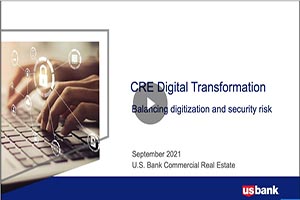
Webinar: CRE Digital Transformation – Balancing Digitization with cybersecurity risk

ABCs of ARP: Answers to American Rescue Plan questions for counties

Overcoming the 3 key challenges of a lump sum relocation program

Streamline operations with all-in-one small business financial support

Checklist: What you’ll need for your first retail pop-up shop

How mobile point of sale (mPOS) can benefit your side gig

Rethinking common time management tips

Using merchant technology manage limited staffing

Business credit card 101

How to apply for a business credit card

What kind of credit card does my small business need?

Do I need a credit card for my small business?

How jumbo loans can help home buyers and your builder business

How a small business is moving forward during COVID-19

5 tips to help you land a small business loan

How Everyday Funding can improve cash flow

How to accept credit cards online

How to keep your assets safe

When your spouse has passed away: A three-month financial checklist

How to save money in college: easy ways to spend less

How to build credit as a student

Learn to spot and protect yourself from common student scams
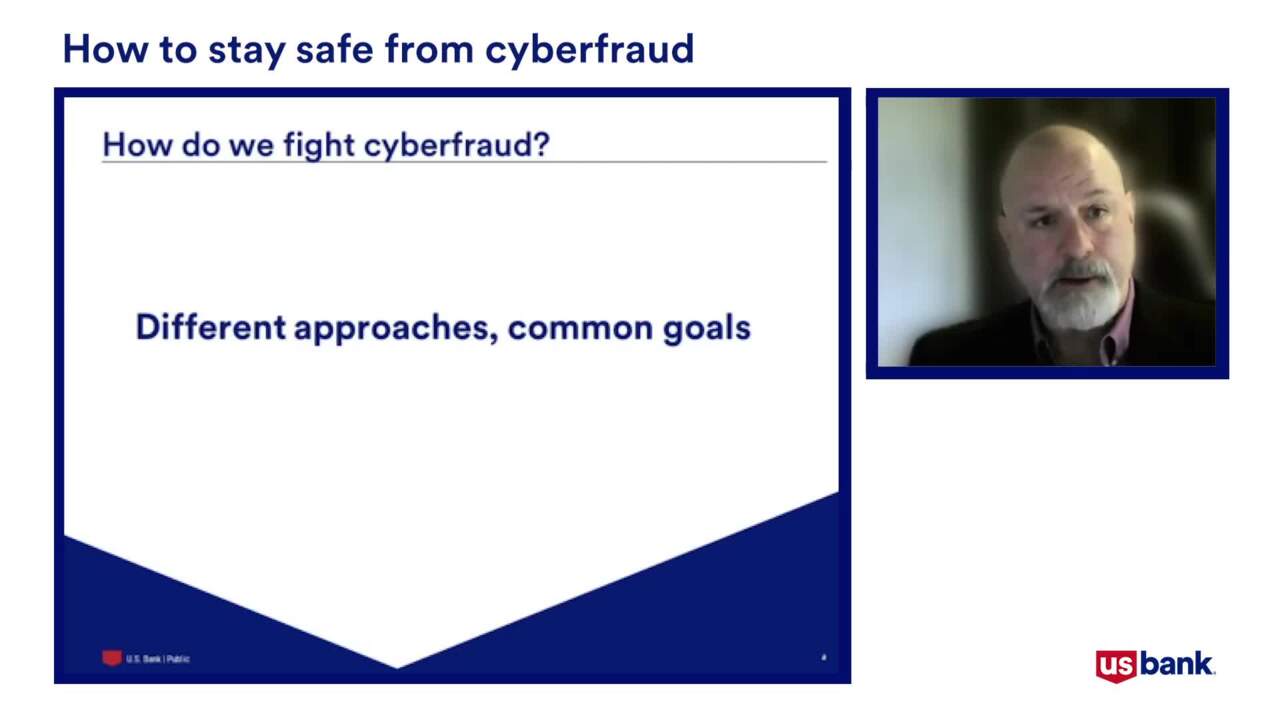
Webinar: How to stay safe from cyberfraud

Protecting elderly parents’ finances: 6 steps to follow when managing their money

Webinar: How to fight off fraud

4 ways to outsmart your smart device

Webinar: Protect yourself or your loved ones from elder fraud

How to spot an online scam

Money muling 101: Recognizing and avoiding this increasingly common scam

What is financial fraud?

How-to guide: What to do if your identity is stolen

How you can prevent identity theft

The mobile app to download before summer vacation
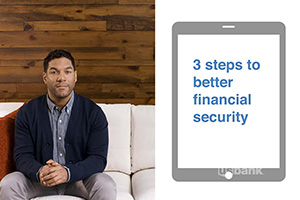
Webinar: Mobile banking tips for smarter and safer online banking

3 awkward situations Zelle can help avoid

How to choose the right rewards credit card for you

Dear Money Mentor: How do I set and track financial goals?

5 reasons why couples may have separate bank accounts

30-day adulting challenge: Financial wellness tasks to complete in a month

5 tips to use your credit card wisely and steer clear of debt

P2P payments make it easier to split the tab

5 tips to use your credit card wisely and steer clear of debt

5 steps to selecting your first credit card

7 steps to keep your personal and business finances separate

How to use credit cards wisely for a vacation budget

Dear Money Mentor: How do I begin paying off credit card debt?

Money Moments: How to finance a home addition

What applying for store credit card on impulse could mean

How to spot a credit repair scam

6 essential credit report terms to know

5 unique ways to take your credit card benefits further

Myth vs. truth: What affects your credit score?

Test your loan savvy

Credit: Do you understand it?

Should you give your child a college credit card?

